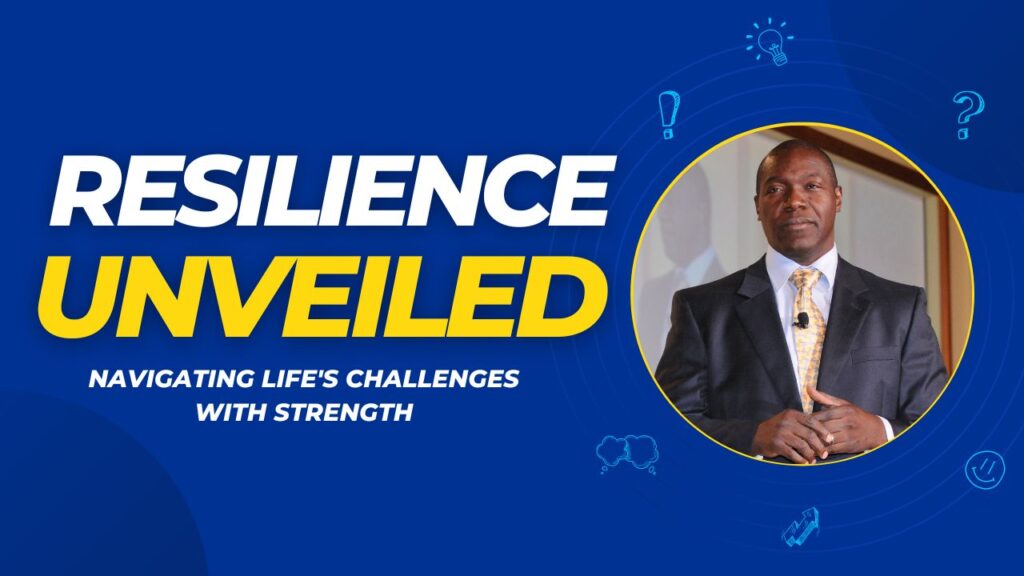Life, with its ebb and flow, presents us with a myriad of challenges, setbacks, and unexpected twists. In the face of adversity, the concept of resilience emerges as a powerful and transformative force. Resilience is not merely a trait; it is a dynamic and evolving quality that empowers individuals to bounce back, adapt, and even thrive amid life’s storms.
Understanding Resilience
At its core, resilience is the ability to withstand, recover from, and adapt to life’s challenges and adversities. It is not a fixed trait but a skill that can be cultivated and strengthened over time. Resilience does not imply an immunity to hardship; instead, it signifies the capacity to navigate adversity with grace, learn from experiences, and emerge stronger on the other side.
The Components of Resilience
Resilience encompasses various components that work in tandem to fortify a person’s mental and emotional well-being:
Adaptability
Resilient individuals possess a remarkable ability to adapt to changing circumstances. They demonstrate flexibility and a willingness to adjust their strategies when faced with challenges.
Optimism
A positive outlook is a cornerstone of resilience. Maintaining optimism in the face of setbacks helps individuals reframe their perspective, focusing on growth opportunities rather than dwelling on obstacles.
Resourcefulness
Resilient individuals are adept at tapping into their internal and external resources. They can problem-solve, seek support, and leverage their strengths to overcome challenges.
Emotional Regulation
Resilience involves the skill of managing and regulating emotions. This doesn’t mean suppressing feelings but rather understanding and healthily processing them, allowing for effective coping.
Social Connection
Building and maintaining strong social connections is a vital aspect of resilience. A robust support system provides a safety net during tough times and fosters a sense of belonging.
The Resilience Journey
Resilience is not a destination; it’s a journey that involves navigating both triumphs and tribulations. It’s about building the capacity to face challenges head-on, learn from setbacks, and emerge with newfound strength and wisdom. Each hurdle becomes a stepping stone, and setbacks serve as opportunities for growth.
Cultivating Resilience
While some people may seem naturally resilient, the good news is that resilience is a skill that can be developed and honed. Strategies to cultivate resilience include:
Cultivating a Growth Mindset
Embrace challenges as opportunities for learning and growth.
Learning from Adversity
Rather than viewing setbacks as failures, see them as opportunities to learn and adapt.
Building a Support System
Foster meaningful connections with friends, family, and community.
Developing Problem-Solving Skills
Enhance your ability to navigate challenges by developing effective problem-solving strategies.
Prioritizing Self-Care
Taking care of physical, emotional, and mental well-being is essential for resilience.
In the intricate tapestry of the human experience, resilience stands as a beacon of strength and adaptability. It is a skill that empowers individuals to not only weather life’s storms but to thrive in their aftermath. When you embrace the concept of resilience, you unlock the potential to turn challenges into catalysts for growth, viewing each experience as a chapter in the remarkable story of your life.
Keep On Pushing!


